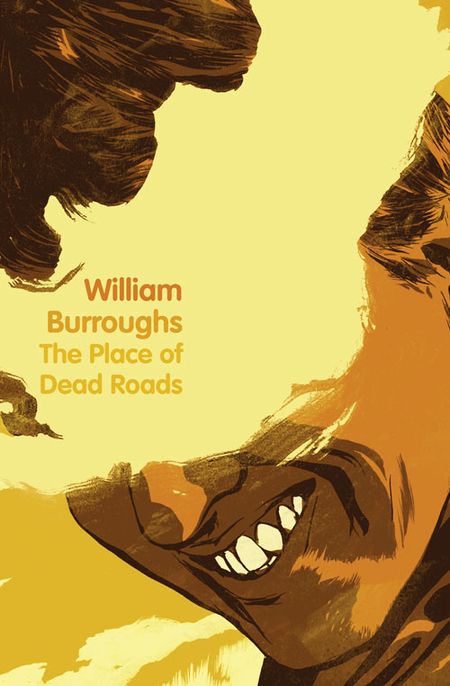William Burroughs was born in St Louis, Missouri in 1914. The son of a successful businessman, Burroughs studied English literature at Harvard University in the 1930s. A dropout thereafter, he lived in Mexico, Tangier and the UK, and for many years was a heroin addict. He began writing in the 1930s, but had little success until the early 1950s when he wrote two confessional books, Junky (1953) and Queer (written in the 1950s but not published until 1985). These novels centred around drug addiction and homosexuality, themes that continued to dominate his work. In many of his books, Burroughs experimented with ‘cut-up’ techniques, borrowing ideas from all areas of popular culture, including films, comics, Westerns and science fiction to create a powerful message. Highly concerned with the abuses of power, he used addiction as an all-embracing metaphor for the ways in which our lives are controlled.
Although largely unpublished for many years, Burroughs was immensely influential among the Beat writers of the 1950s – notably Jack Kerouac and Allen Ginsberg – and already had an underground reputation before the appearance of his first important book, Naked Lunch. Originally published by the daring and influential Olympia Press (the original publishers of Henry Miller) in France in 1959, it aroused great controversy on publication and was not available in the US until 1962 (the earliest US publishers were City Lights and Grove Press) and in the UK until 1964 (published by John Calder). The book was adapted for film by David Cronenberg in 1991.
Burroughs’ other works include The Soft Machine (1961), The Ticket that Exploded (1962), Nova Express (1964), Cities of the Red Night (1981) and The Place of Dead Roads (1983). In 1983 he was elected a member of the American Academy and Institute of Arts and Letters.
William Burroughs died at the age of 83 in 1997.

















4thestatebooks